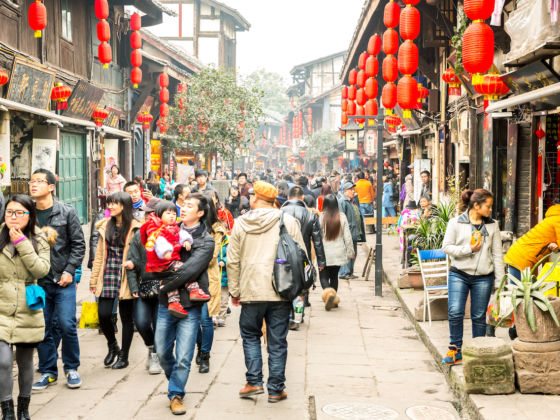1. You greet people by saying, “Have you eaten yet?”
A typical Chinese way to say hi is “Chi le mei?” which means, “Have you eaten yet?” Like “How are you?” in English, this is a question not really requiring a literal answer. So often you’ll tell someone you’ve already eaten over the roar of your growling, empty stomach.
2. You consider it a compliment when a Chinese person remarks that you’ve gained weight, and you catch yourself saying the same thing to others.
In traditional Chinese culture, the chubbier a person is, the more prosperous and healthy he or she is deemed to be. So a comment about your weight, especially coming from elderly Chinese, is not meant to tell you to lay off the fatty pork belly.
But in general, people in China can be pretty frank with comments about other people’s physical appearance. You know you’ve been in China too long when the first thing out of your mouth on seeing an old friend is an exclamation about his or her weight.
